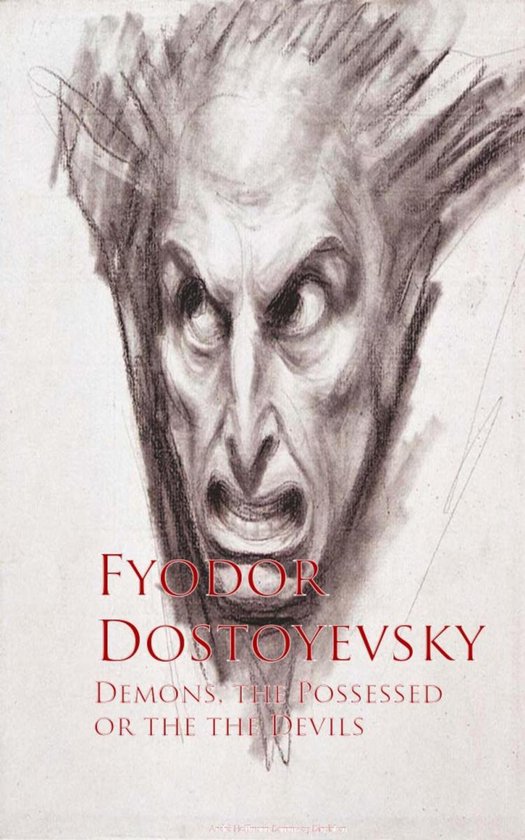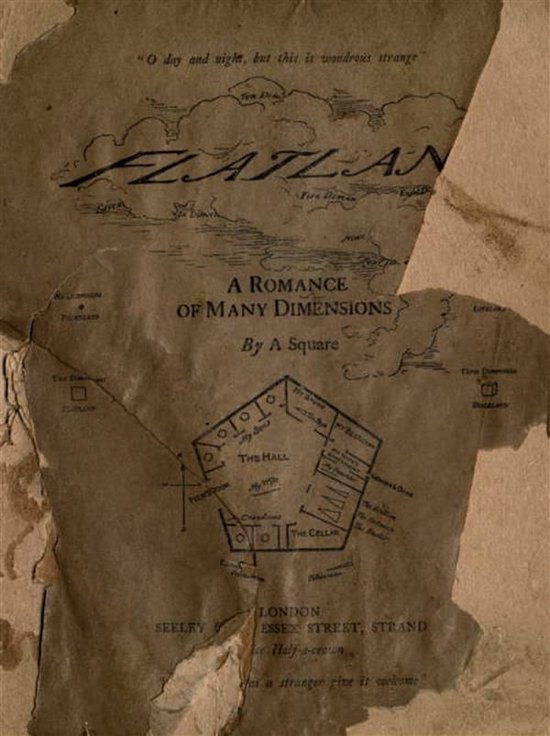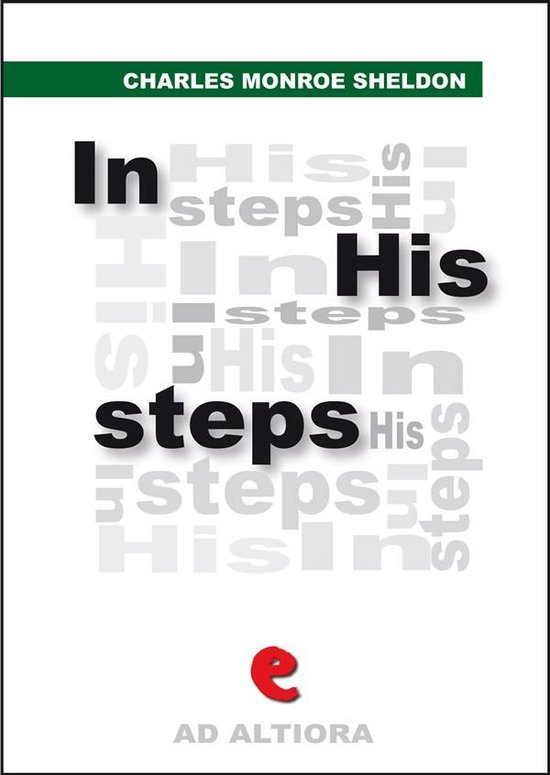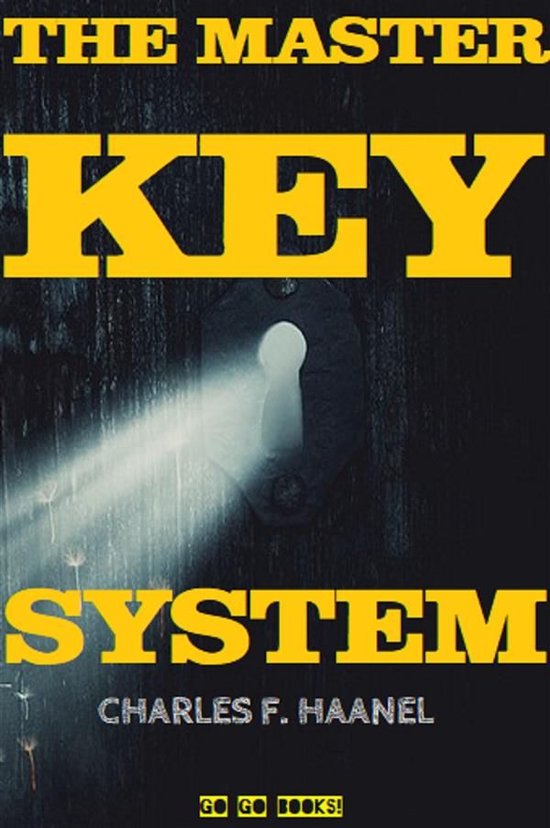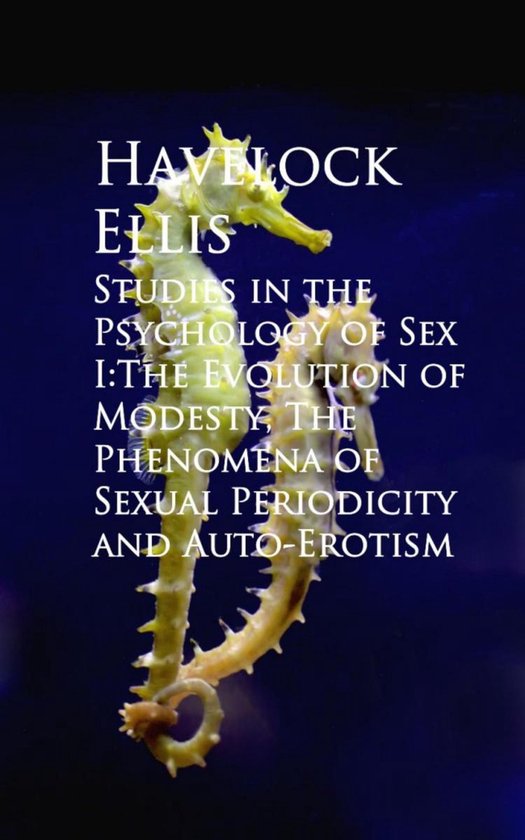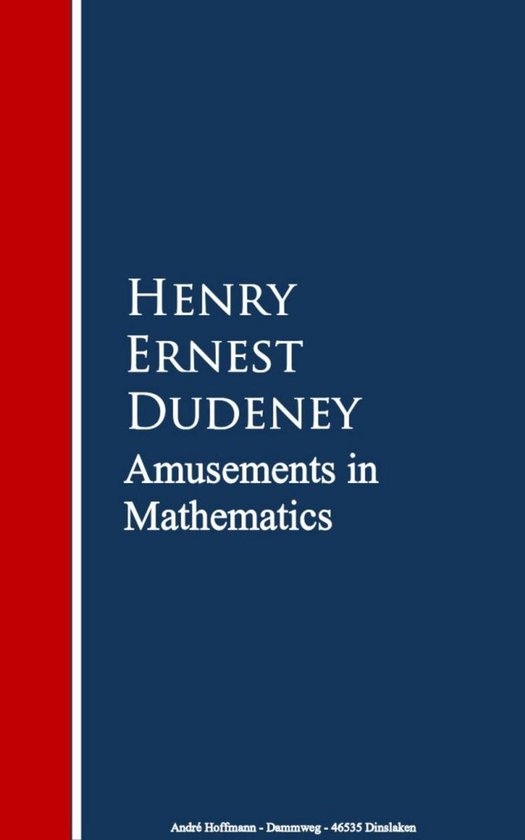
Amusements in Mathematics
In issuing this volume of my Mathematical Puzzles, of which some have appeared in periodicals and others are given here for the first time, I must acknowledge the encouragement that I have received from many unknown correspondents, at home and abroad, who have expressed a desire to have the problems in a collected form, with some of the solutions given at greater length than is possible in magazines and newspapers. Though I have included a few old puzzles that have interested the world for generations, where I felt that there was something new to be said about them, the problems are in the main original. It is true that some of these have become widely known through the press, and it is possible that the reader may be glad to know their source. On the question of Mathematical Puzzles in general there is, perhaps, little more to be said than I have written elsewhere. The history of the subject entails nothing short of the actual story of the beginnings and development of exact thinking in man. The historian must start from the time when man first succeeded in counting his ten fingers and in dividing an apple into two approximately equal parts. Every puzzle that is worthy of consideration can be referred to mathematics and logic. Every man, woman, and child who tries to "reason out" the answer to the simplest puzzle is working, though not of necessity consciously, on mathematical lines. Even those puzzles that we have no way of attacking except by haphazard attempts can be brought under a method of what has been called "glorified trial"—a system of shortening our labours by avoiding or eliminating what our reason tells us is useless. It is, in fact, not easy to say sometimes where the "empirical" begins and where it ends.
| Auteur | | Henry Ernest Dudeney |
| Taal | | Engels |
| Type | | E-book |
| Categorie | | Wetenschap & Natuur |

